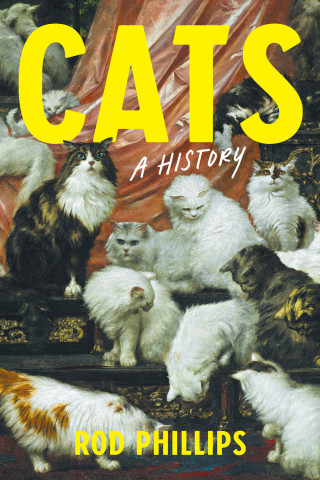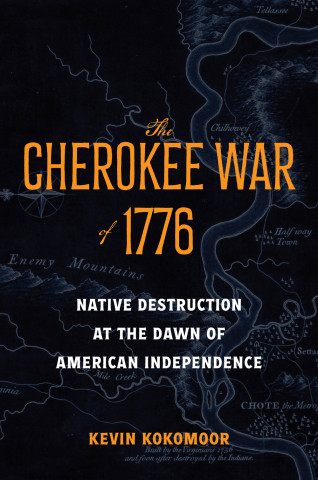
Reviews
Without doubt, Cold War, Deadly Fevers is an important contribution to the expanding field of international health history.
This history of malaria eradication in Mexico reveals that there is no magic bullet. Rather, there is a need for 'holistic, persistent, flexible approaches' to fashion popular support for prevention programs and an integrated public health perspective 'that entails overcoming the culture of survival.' This thoroughly researched and clearly written book shines a light in the gloom.
This is a valuable book for all public health professionals. Highly recommended.
A well-crafted and complex study that offers important lessons on the history of international health and foreign aid. One of the greatest strengths of this impressive work, however, is Cueto's insight into the motivations and attitudes of the people who created the program, those who implemented it, and those who were deemed its beneficiaries.
Dr. Cueto's superbly well-informed exploration of malaria not only as a disease but as a social economic, and human problem makes his book required reading.
Raises questions highly relevant to today's international health campaigns to eradicate malaria, AIDS, and tuberculosis... Well researched, conceptualized and executed. The work is a welcome and significant contribution to the field of the history of public health as well as a critical guide for public health practitioners who seek more beneficial global health paradigms.
Should be compulsory reading for public health officials.
This new work is a model of its kind.
Cueto's book is significant in that it pushes scholars in several disciplines to acknowledge the power that health and disease have in reformulating our understanding of threats during the Cold War, and, notably, in our times.
As one might expect from a scholar of the standing of Marcos Cueto, this book is a richly documented work, presenting a solid argument and well-constructed ideas. It explores an interesting though neglected and at times misunderstood period in Mexican history, that of the Cold War.
Cueto, a distinguished and highly respected historian of medicine and public health, frames his concise, yet detailed, history of malaria eradication programmes in Mexico within a larger argument about the overall goals of, and approaches to, public health in the developing world, both past and present.
More than just a case study of the successes and failures of malaria eradication in Mexico, Cold War, Deadly Fevers suggests what might be done to improve public health in developing nations.
Anyone with an interest in international development, especially in Latin America, and a belief that history holds important lessons for building sustainable efforts in international development, should read it. Cueto excels in analyzing historical processes at multiple scales, from the global, to the national, to the local.
A meticulously researched, succinct, and artfully crafted narrative about malaria eradication in Mexico during the Cold War.
An excellent case study of the mid-twentieth-century multilateral campaign in Mexico to eradicate malaria. It skillfully places the Mexican effort in the context of international political history and health policy. It is essential reading for public health professionals and anyone interested in Mexican history, the history of medicine, or U.S. foreign policy.
This work is very important. It is the first scholarly and book-length study of malaria eradication in Latin America that shows how campaigns actually played out on the ground and how they were framed by Cold War ideologies and imperatives.
Book Details
Figures and Tables
Preface and Acknowledgments
A Note on Sources
1. Introduction: The Burden of an Infection
The Origins and Development of Malaria Control Efforts
Organizing Principles for This Volume
Plan
Figures and Tables
Preface and Acknowledgments
A Note on Sources
1. Introduction: The Burden of an Infection
The Origins and Development of Malaria Control Efforts
Organizing Principles for This Volume
Plan of the Book
2. Global Designs
Foreign Aid and the Cold War
International Health Cooperation
The Encounter of International Health and Politics
Concluding Thoughts
3. National Decisions
Mexican Politics and Medicine
Mexican Malaria Control
Organizing Malaria Eradication
The Mexicanization of the Campaign
4. Local Responses
Intercultural Challenges
Anthropological Critique
A Provincial Doctor Rebels
Indigenous Resistance
A Campaign in Decline
5. Conclusions: The Return of Malaria and the Culture of Survival
Mexico's Recent Experience with Malaria
The Lessons of Malaria Eradication: Patterns of Vertical Health Programs
Notes
Bibliography
Index





